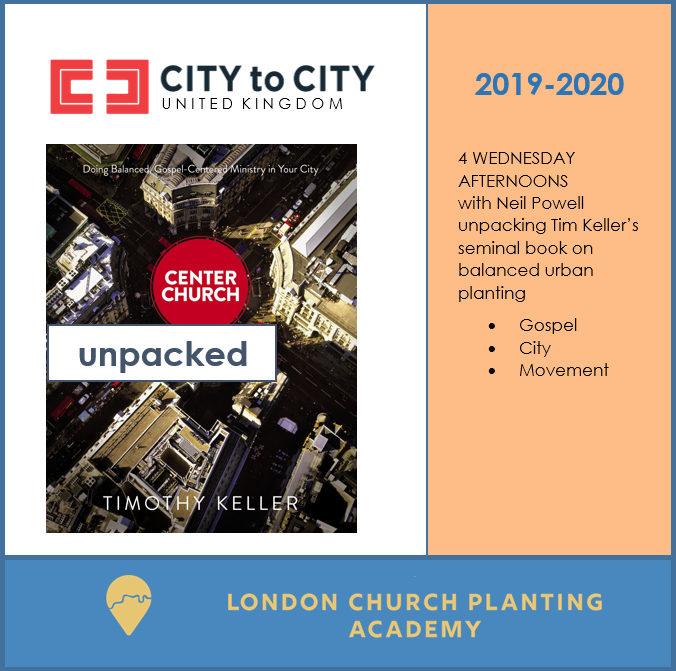People usually love Fridays. For a few years, I loved Mondays.
I loved them because Monday evenings I went to the seminary, back in São Paulo, Brazil, and usually had classes with a professor called Jonas Madureira. He is that kind of teacher who engages your mind in any given subject and leaves you reflecting on it for days.
When Jonas recommends excellent reading material he uses his famous jargon:
“you cannot pass from this life to the next one without reading this book”
In one of his lectures he used that expression then followed it up with something I’ll never forget about a book and the issue it addresses:
“The problem is that sometimes even the most experienced pastors commit a mistake regarding the ministry of the Word. They craft excellent sermons that would receive the highest grades in the seminary but that are directed to an imaginary audience: to a group of people that only exists in their heads. They speak to flesh and blood people of today as if they were speaking to people of the 17th century. They’re excellent exegetes; so good that sometimes they seem to be speaking just Greek.”
What was the book you may be asking? It was Center Church, by Timothy Keller. My professor went on to explain a whole new idea to me: ‘theological vision‘ which means ‘how we faithfully restate the gospel in our time and place.’ This faithful restatement of the gospel has deep implications for life, ministry, and mission. Theological vision sits between a church’s doctrinal foundation and the way they practice ministry. As would often happen after Jonas’ lectures, something stuck in my mind that has stayed with me to this day.
Fast forward a few years and here I am participating in the first Incubator training programme offered by the London Project in partnership with the London Church Planting Academy.
Incubator
As explained in the course description, the Incubator was developed by Redeemer City to City and has been used all over the world. Running over two years, the Incubator program consists of 16 training modules. These modules begin with the theological foundations of gospel ministry, and moves toward increasingly complex leadership topics that follow the typical lifecycle of a new church.
Each session is led by experienced church planters, includes time for peer-to-peer learning, personal spiritual formation and reflection, and application to real-world problems you face as a planter (there is little emphasis on lecture mode). Each training session is preceded by readings and/or videos, reflection, and sometimes field work to prepare you for the discussion.
The course is designed to develop the planter in four areas which follow the offices of Christ and each session focuses on one aspect of these four areas:
- The Personal-Interpersonal Area: Live a shared life in the community formed by the gospel
- The Prophetic Area: Communicate grace and truth in a way that forms and grows disciples
- The Priestly Area: Develop a missional culture in your church
- The Kingly Area: Lead with visionary leadership
Middleware
The incubator is not a theological course per se, nor is it a practical guide of what to do when planting a church (by the way, the LCPA offers excellent options if you’re looking for this sort of theological or practical training). The Incubator is more middleware: it makes you reflect on how to apply your theological knowledge to your specific ministerial context. It helps you to assess the challenges and opportunities with a gospel mentality, all this with material that has been used for hundreds of planters around the world.
For London and beyond
“London has one of the most ethnically diverse population in the world” (source). Unfortunately, the number of churches and Christians committed to the gospel does not grow at the same rate. Our city needs not only more churches; it needs gospel-centred churches that effectively communicate the gospel and that work together for the glory of God and for the good of the city.
And because this is the first Incubator in distance learning format, we get the opportunity to have onboard guys not only from London but also from Birmingham and Oxford. Listening to and learning from brothers who are experienced pastors and planters from different backgrounds and walks of life, has been an immense privilege. And, of course, we get to learn from Neil Powell, Girma Bishaw and Pete Nicholas. What a team!
Join us on Tuesdays?
So, it’s no longer Monday evenings, but Tuesday mornings make me reflect for a few days.
If you want to fulfil the great commission to make disciples, if you have a God-given desire to plant a church in London, and if you understand that large cities present unique challenges and questions that often seem overwhelming – why not consider joining Incubator? I could not recommend it more!
————-
Luiz Santana is the Communications and Programmes Manager for The London Project and an aspiring church planter based in London. He left behind a career as a software developer in the largest technology company in Brazil to pursue pastoral ministry, including missions training in Germany, a ministry internship in the States and more recently at Trinity West Church in London. He holds a degree in IT for business management and a Master’s in Biblical Leadership from Servo de Cristo in São Paulo. He is Brazilian, met his Polish wife in Germany and they’ve just had their first daughter in London; His family is as international as it gets!
- For information on the Incubator trainers – Neil, Girma and Pete – see the Course Materials tab on the Incubator Course.



 We’re very grateful that Neil Powell, senior pastor of City Church Birmingham, co-founder and convener of 2020 Birmingham and London director for City to City UK, will be coming to unpack Tim Keller’s Center Church for the London Church Planting Academy on 4 Wednesday afternoons:
We’re very grateful that Neil Powell, senior pastor of City Church Birmingham, co-founder and convener of 2020 Birmingham and London director for City to City UK, will be coming to unpack Tim Keller’s Center Church for the London Church Planting Academy on 4 Wednesday afternoons: